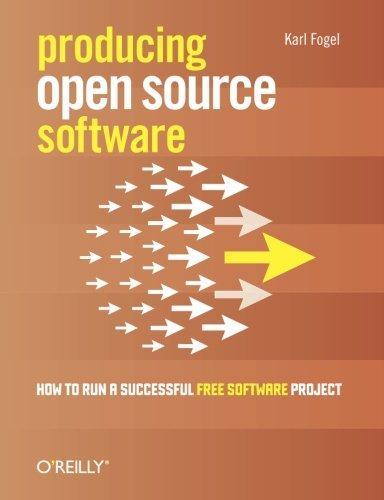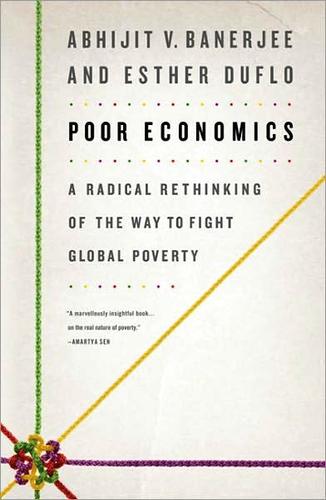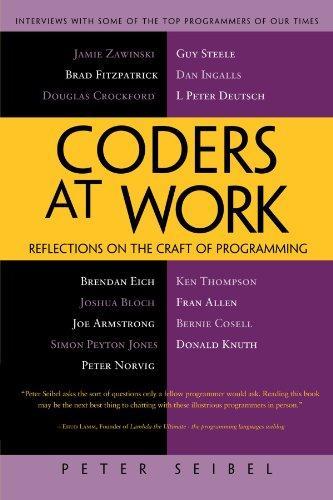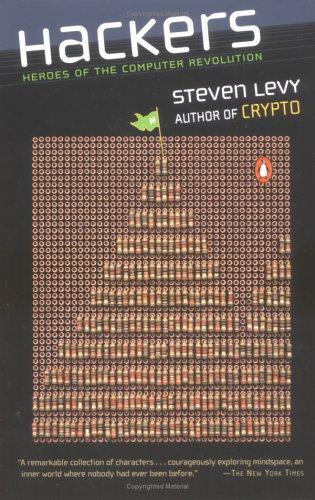Steven Deobald reviewed Working in Public by Nadia Eghbal
Review of 'Working in Public' on 'Goodreads'
1 star
I've been excited to read this for months. What a disappointment.
This is a good example of what happens when a person hones their long-form writing skills on Twitter threads. This book is a printed Twitter thread.
The first half of the book is an acceptable contemporary survey of the history of Free and Open Source Software. Many important historical details are missed, but Eghbal can be forgiven for this; she isn't a software developer or an industry expert.
The rest of the book, however, is a poorly-researched advertisement for GitHub. Until we reach the final chapter, entitled "Conclusion" despite the fact that no conclusion is reached or even approached, erroneous and misleading statements soak almost every page.
On page 129, Eghbal declares that "Facebook doesn't have a customer support line you can call because they have more than 2 billion monthly active users." Facebook does have a customer support …
I've been excited to read this for months. What a disappointment.
This is a good example of what happens when a person hones their long-form writing skills on Twitter threads. This book is a printed Twitter thread.
The first half of the book is an acceptable contemporary survey of the history of Free and Open Source Software. Many important historical details are missed, but Eghbal can be forgiven for this; she isn't a software developer or an industry expert.
The rest of the book, however, is a poorly-researched advertisement for GitHub. Until we reach the final chapter, entitled "Conclusion" despite the fact that no conclusion is reached or even approached, erroneous and misleading statements soak almost every page.
On page 129, Eghbal declares that "Facebook doesn't have a customer support line you can call because they have more than 2 billion monthly active users." Facebook does have a customer support line you can call — if you are a customer. Facebook's customers are advertisers. Facebook's users are inventory. For someone so obsessed with social media, one would expect Eghbal to understand this.
On page 142, she declares "[c]ode by itself is not, and has never been, worth anything, and consumers already know this intuitively when they refuse to directly pay for it." By that same logic, a road or a library also has zero value. The latter half of the book waxes poetic about Club Goods and Public Goods, but it would appear little thought has been given to the semantics of those terms. Worse yet, she doesn't seem to appreciate that code has no analog in the economy which preceded computation. Between mixed metaphors and grand, declarative statements no space has been given to surface original thoughts about the topic at hand.
The tells that announce this deep misunderstanding of open source and its role in the economy are scattered throughout the book. On page 155 we have our first mention of the "Free Rider Problem," which is always a good indication the author has acquired her knowledge of public goods from Wikipedia. Perhaps recently. By the time we get to a comparison of the open source ecosystem to late-90s P2P filesharing systems on page 164, the jig is up. She doesn't understand the topic of her own book.
The writing is poor throughout the book. Nearly every page has a quote on it but, for some reason, the chosen quotes are always full of misspellings, causing Eghbal to shove [sic] into every one. By the tenth instance I had to wonder why her editor didn't suggest correcting all the spelling mistakes and prefixing the book with a caveat. Surely she had an editor? The words which aren't quotes are those of a first draft — a rambling and largely incoherent stream of consciousness broken up with the occasional dull fact or term definition. It was a chore to read.
But I did read it. All the way through to the "conclusion." Eghbal is a fan of scare quotes where they don't belong, such as declaring "clone" to be whimsical GitHub parlance rather than a very specific command of the underlying distributed version control system, but "conclusion" deserves scare quotes. In a book ostensibly about open source software, the final chapter is a stoner's daydream about social media and "content producers" on Facebook. In this final chapter, which doesn't reach any conclusions or formulate a single argument, open source is mentioned once. In a footnote.




















![Kuzhali Manickavel: Things We Found During the Autopsy [Paperback] [Jan 01, 2017] Kuzhali Manickavel (Paperback, 2014, Blaft Publications)](/images/covers/e1ad6301-fcd0-40b8-85f1-4eafb600e542.jpeg)


